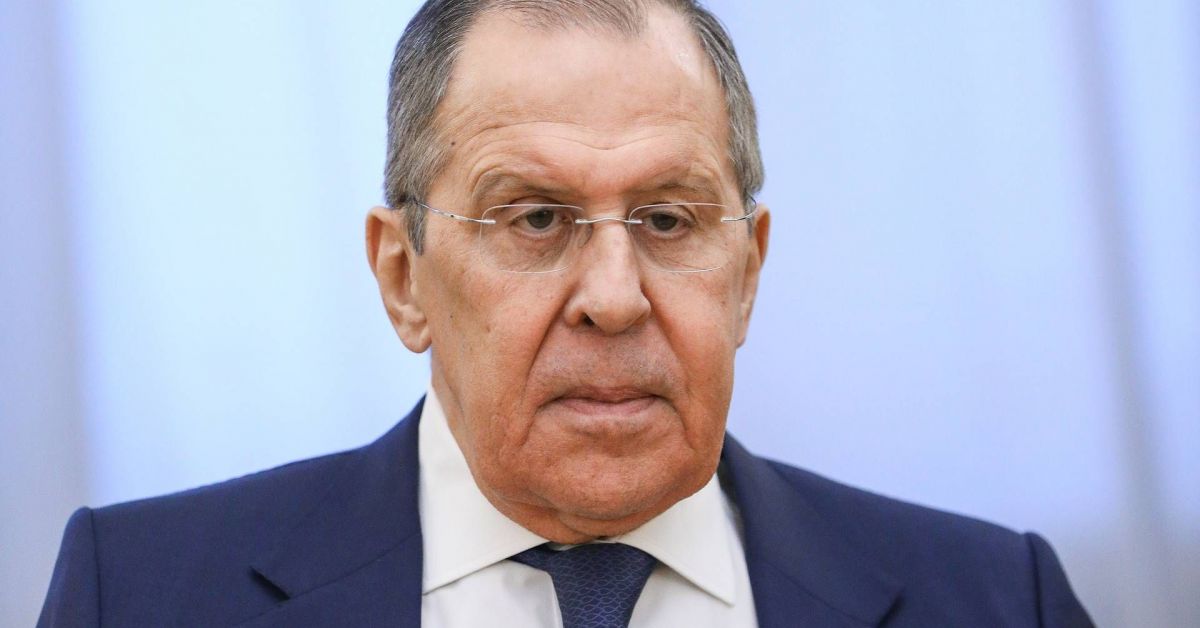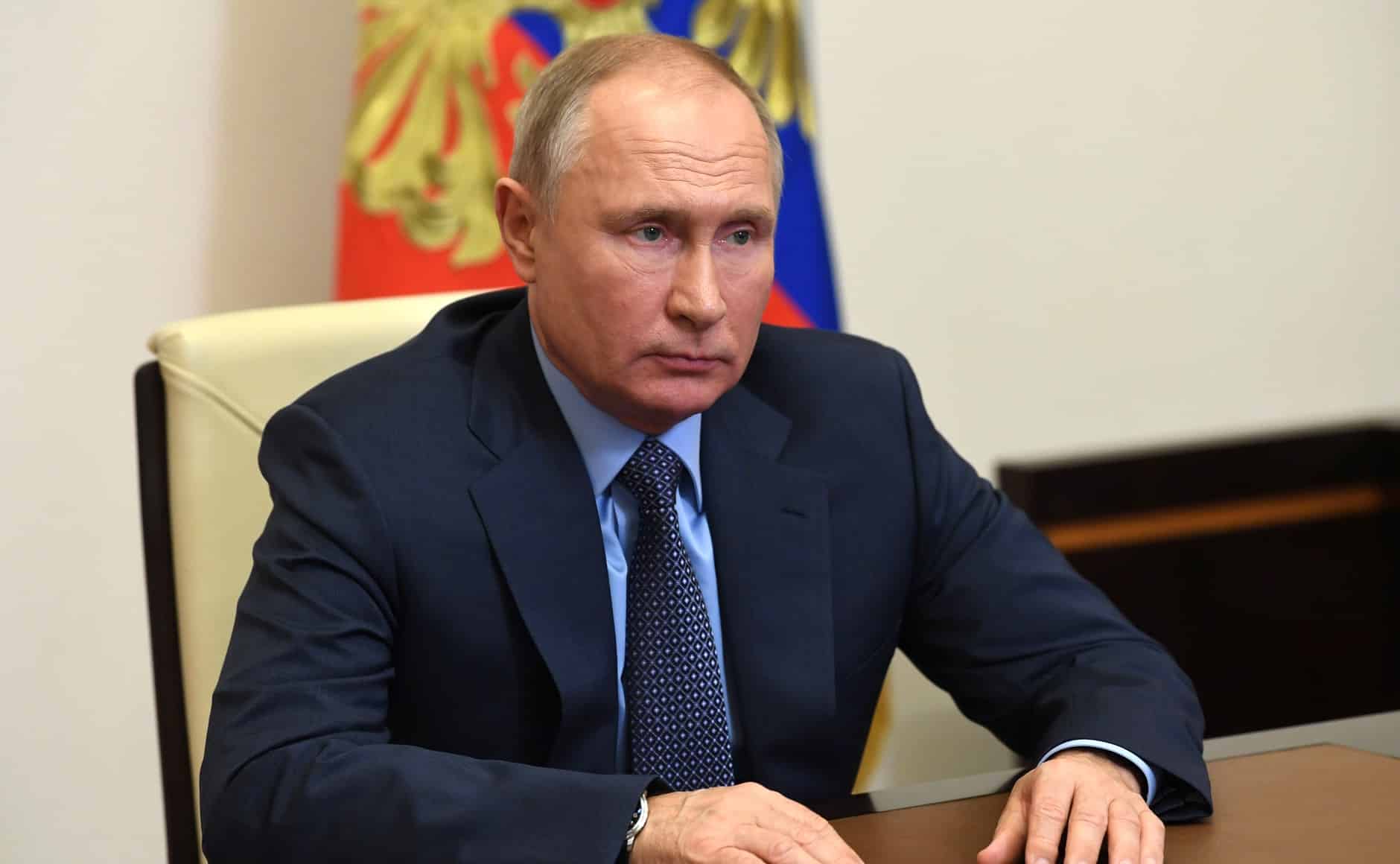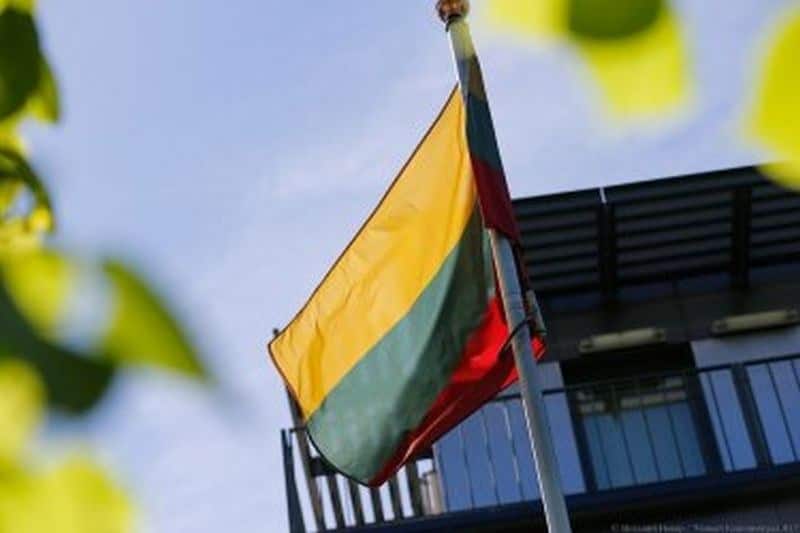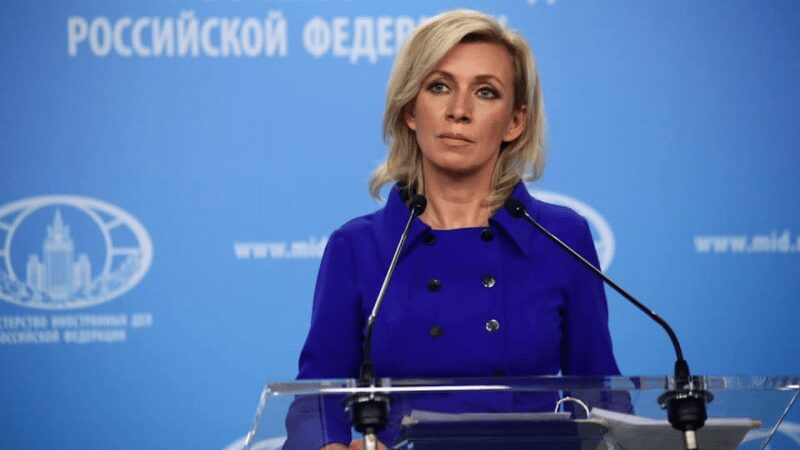Russian Foreign Minister Sergei Lavrov said on June 10, 2022 that two Britons and a Moroccan man sentenced to death on the previous day of death in the so-called Donetsk People’s Republic (DPR) had committed crimes on the territory of the breakaway entity. controlled by Russian-backed separatists, Reuters reported.
“Currently, all trials are based on the legislation of the Donetsk People’s Republic, because the crimes in question were committed on the territory of the DNR,” Lavrov said, adding: “Everything else is speculation. I would not interfere in the work of the DNR judiciary. “
The two British citizens sentenced to death are regular soldiers, said the governor of the eastern Ukrainian Luhansk region Serhiy Gaidai, quoted by DPA.
“All people who come to fight on the side of Ukraine sign contracts with the Ukrainian armed forces and thus receive official status,” Gaidai told BBC Radio.
This means, he stressed, that the two British citizens are protected by the Geneva Convention on Prisoners of War and cannot be sentenced to death, even if they are not Ukrainian citizens.
“As far as I know, their lawyers have already appealed (their sentences) and I think what is happening is just an expression of political pressure from Russia,” Gaidai said.
The two Britons, Aidan Aslin, 28, and Sean Piner, 48, were captured by separatists in the Ukrainian port city of Mariupol in April. According to media reports, they lived in Ukraine before the war and even got married there. Together with the Moroccan student Brahim Saadun, they were sentenced to death yesterday as mercenaries by the Supreme Court of the DPR, DPA notes.
Regarding British criticism of the death sentences, Russian Foreign Ministry spokeswoman Maria Zakharova said Britain should turn to the separatist authorities in the DNR. The British reaction to such cases is “often hysterical,” Zakharova was quoted as saying by Reuters.
Britain has given priority to talks with Ukraine over Russia over the situation of two British prisoners who were sentenced to death in a pro-Russian separatist region in eastern Ukraine, Prime Minister Boris Johnson’s spokesman was quoted as saying by Reuters on Friday.
Two Britons and a Moroccan who were captured during the fighting in Ukraine were sentenced to death by a court in the self-proclaimed Donetsk People’s Republic (DPR).
British Foreign Secretary Liz Truss described the conviction of Aidan Aslin and Sean Piner as a “gross violation of the Geneva Convention” and raised the issue with Ukrainian counterpart Dmytro Kuleba in a conversation Friday.
“Our priority is to work with the Ukrainian government to try to secure their release as soon as possible,” a Johnson spokesman said, adding that their service in the Ukrainian army provides them with protection under international law.
“They receive protection under the Geneva Convention as fighters in the Ukrainian armed forces, so we want to continue to work closely with the Ukrainian side to try to release them as soon as possible.”
Asked if Britain would talk to Russia to secure their release, the spokesman said “we do not have regular interaction with the Russians.”
Russia’s foreign ministry said Britain’s response to the sentences was “hysterical” and that Britain should appeal to the authorities of the self-proclaimed DNR over the fate of the soldiers. Britain does not recognize the DNR and the Ukrainian government has no control over separatist-ruled parts of eastern Ukraine.
Among the UN member states, only Russia recognizes the entire Ukrainian province of Donetsk, much of which remains under Ukrainian control, as an independent DNR. The territory is internationally recognized – including by Britain – as part of Ukraine.
A senior Ukrainian official has said Russia wants to use the three foreigners as hostages to put pressure on the West for peace talks.
For its part, the United Nations has said unfair trials against prisoners of war amount to war crimes after three foreigners were sentenced to death by pro-Russian rebels.
British citizens Aiden Aslin, Sean Piner and Moroccan citizen Saadun Brahim were sentenced to death on Thursday by pro-Russian separatist authorities in the breakaway Donetsk People’s Republic (DPR) in eastern Ukraine.
A spokesman for the Office of the UN High Commissioner for Human Rights said on Friday that authorities in Ukraine’s pro-Russian self-proclaimed republics had failed to meet basic guarantees of a fair trial and “in the case of the death penalty, guarantees of a fair trial are even greater.” -important”.
“The UN Supreme Court of Human Rights is concerned that the so-called Supreme Court of the self-proclaimed Donetsk People’s Republic has sentenced three servicemen to death,” UN spokesman Ravina Shamdasani said in a statement.
“According to the General Command of Ukraine, all the men were part of the Ukrainian armed forces and they should not be considered mercenaries,” Shamdasani said. “Such trials against prisoners of war are a war crime,” she added. “Since 2015, we have observed that the so-called judiciary in these self-proclaimed republics has not respected the basic guarantees of a fair trial.”
Aslin and Piner surrendered in April to Mariupol, Ukraine’s southern port city, which was captured by Russian troops in May after a siege. Saadun surrendered in March in the eastern Ukrainian city of Volnovakha.
The separatists claim that the men are “mercenaries” and have no right to the usual protection provided to prisoners of war.
Aslin and Piner’s families said the two men were longtime members of the Ukrainian army. Saadun’s father told a Moroccan online newspaper that his son was not a mercenary and that he had Ukrainian citizenship.
The British government has said Russia must take responsibility for the “fake trial”.
Russian Foreign Ministry spokeswoman Maria Zakharova said in a statement that the United Kingdom should address the DNR authorities directly and said London’s reaction to such cases was “often hysterical”.
The German Foreign Ministry said the death sentences were shocking and showed “Russia’s complete disregard for the basic principles of international humanitarian law”.














